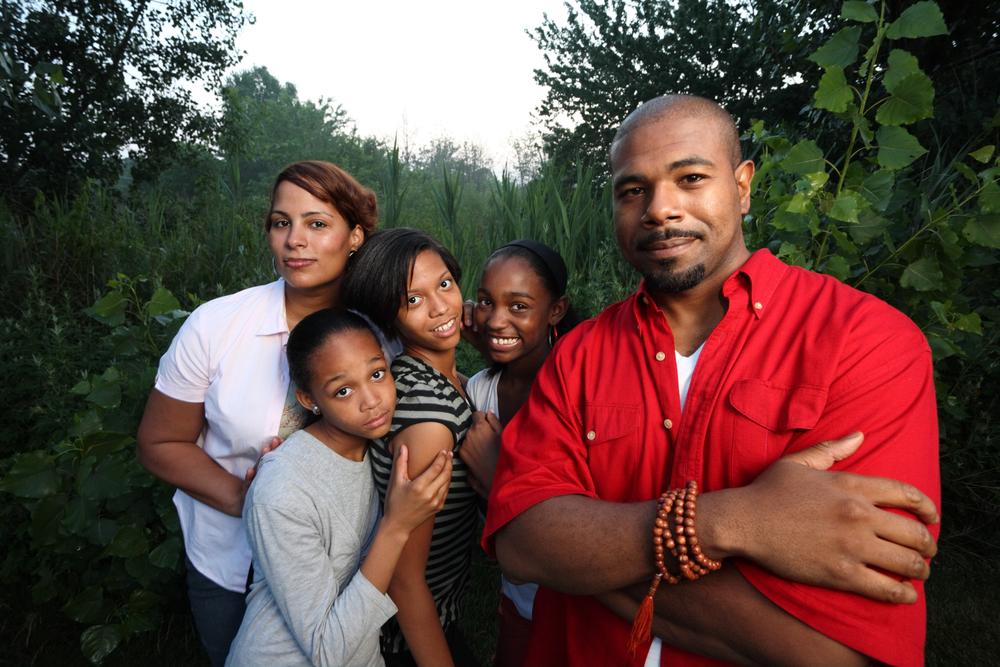The Pandemic | Parent Support.
This is Part 1 of our series on helping children cope with the pandemic.
As summer break comes to an end and parents begin thinking about the school year, it is natural to think about the routines that are associated with school, sports, and weekend leisure activities. These routines keep parents (and their children) physically, emotionally, and mentally stable. They are what we count on to get us through our daily lives and bring about a sense of security.
Routines make us feel comfortable and safe. They help us and our children stay on track. When we know what to expect we can plan accordingly and execute those plans successfully. Although this year is different, extraordinarily different. Because of COVID-19 and the disruptions it has caused within our society, it is important to recognize the “new normal” isn’t “normal” at all.
When our comfortable and safe routines no longer exist, we can easily be thrown into a state of restlessness, anxiety, or fear. During these times of uncertainty, we must be aware of our feelings and allow ourselves to readjust to a new way of life.
7 Ways To Help Children And Teens Cope With Stress
The New Normal
Parents and children alike may have difficulty coping with all of the changes occurring at this time. The current public health recommendations regarding social distancing have brought about many specific challenges for families including:
- the need for educational support at home,
- adjustments to parenting schedules,
- managing working from home while also caring for children,
- the loss of time and space needed to decompress after school or work,
- the cancellation of sports, camps, and fun activities,
- and
the generalized fear of getting together with others.
The increased stress associated with these unique times calls for a mental shift and a reorganization of our coping mechanisms. Parents can help their children by modeling healthy forms of self-care and displaying the ability to handle difficult situations with flexibility and grace.

Tips For Parents To Manage Emotions Safely During Uncertain Times
1. Do Something That Brings You Joy
This can be any type of leisure activity that speaks to you. Cooking, listening to music, taking a bubble bath, playing a sport, talking with a friend, reading, exploring a new place, or finding quiet time are all examples of things that may be effective.
2. Practice Gratitude
Finding time within your day to recognize three good things, however small, has been proven to increase positive mood and general well-being.
3. Stay Active
Daily movement is essential to a healthy, well-balanced life. Whether you choose to follow an at home workout program, go for a walk, ride a bike, or practice yoga, aim for at least 30 minutes a day to relieve stress.
4. Get Outdoors And Ground Yourself In Nature
Mindfulness while in nature can be a powerful tool. One of my favorite activities is to take a “mindful walk” while using your senses to truly be aware of what is around you. What do you see, hear, smell, taste, and feel while you’re on your mindful walk?
5. Focus On What You Can Control
While the world around you is changing and it feels as though everything is unfamiliar and uncertain, focus on the things that are within your control including your attitude, your actions, and your effort.
6. Be Gentle With Yourself
Realizing that this time is difficult is half the battle. Seeking out support as you need it is another healthy way to cope. In addition to therapy, there are many online groups directed at parents who need a place to share ideas, discuss their feelings, and simply connect with others who are going through the same struggles.
7. Reconnect As A Family
Finding ways to continue to have fun during this time is important. Whether you order take out on the weekends, have family movie or game nights, create a list of socially distant places to visit, or finally get to have those family meetings you always wanted, this is the perfect time to grow together as a family.
We must be aware of our feelings and allow ourselves to readjust to a new way of life.

Create A Plan
The suggestions above are designed to assist parents in effectively coping with the complexities brought about by COVID-19 but can also be helpful for anyone dealing with stress. As we all try to navigate our new schedules and routines, taking the first step to a healthier mindset can be achieved by prioritizing self-care and creating a plan with your therapist.
Stay tuned for Part 2 of this blog designed specifically for helping children and adolescents cope as they begin this unique school year.

